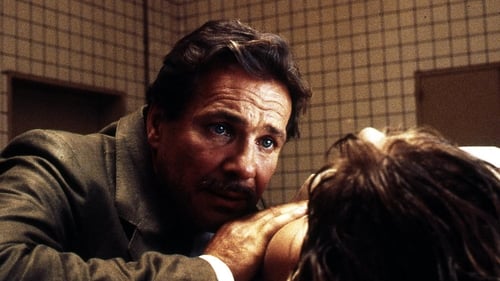
Director

Director

Writer
The old urban bus leaves from a Pampean town to Patagonia. A group of shearers made up mostly of Corrientes travels with someone else, who only appears in the film through his omnipresent voice. In addition to living with the shearers, the narrator addresses a fictitious addressee, telling him everything that they are going through during that six-month journey.

Director
The old urban bus leaves from a Pampean town to Patagonia. A group of shearers made up mostly of Corrientes travels with someone else, who only appears in the film through his omnipresent voice. In addition to living with the shearers, the narrator addresses a fictitious addressee, telling him everything that they are going through during that six-month journey.

Director
In the forties, Erich Priebke, a former Nazi SS commander hides in Bariloche, Argentina . The German community of Bariloche lives conditioned by the spirit of the Third Reich and supports Priebke despite knowing the crimes he has committed.

Cinematography
The movie follows a group of children living in the streets in the city of Buenos Aires. The only day center working is the CAINA (Centro de Atención Integral a la Niñez y Adolescencia) an institution that assists and shelters street children.

Camera Operator
The movie follows a group of children living in the streets in the city of Buenos Aires. The only day center working is the CAINA (Centro de Atención Integral a la Niñez y Adolescencia) an institution that assists and shelters street children.

Producer
The movie follows a group of children living in the streets in the city of Buenos Aires. The only day center working is the CAINA (Centro de Atención Integral a la Niñez y Adolescencia) an institution that assists and shelters street children.

Writer
The movie follows a group of children living in the streets in the city of Buenos Aires. The only day center working is the CAINA (Centro de Atención Integral a la Niñez y Adolescencia) an institution that assists and shelters street children.

Director
The movie follows a group of children living in the streets in the city of Buenos Aires. The only day center working is the CAINA (Centro de Atención Integral a la Niñez y Adolescencia) an institution that assists and shelters street children.

Assistant Director
In this suspense story, the main character, Johann Neudorff (Gotz George), immigrated to Argentina from Germany after World War Two, and has become a successful businessman there. He is unconcerned with the nature of the government there, which at the time of this film (1978) is a military dictatorship. His comfortable existence is disrupted when he discovers that his beloved daughter Laura (Emilia Mazer) has become the lover of a political activist (Miguel Angel Sola) who is on the military's hit list. When his daughter is kidnapped, Johann attempts to use his government connections to free both her and her lover. However, his son Alfredo (Alex Benn) undermines his efforts, and Johann himself is incarcerated in a military prison, but not before he discovers that his daughter and her lover are both dead, killed by the regime.

Director
Documentary about the detention-dissapearance of Juan Marcos Herman in the city of Bariloche during the Dirty War in Argentina

Director
The days between the end of the military dictatorship and the beginning of the constitutional period from 1983: political debates in the streets and the meetings of the Mothers of Plaza de Mayo, who were waiting for the role that each political party would play to claim for the disappeared. Osvaldo Bayer in first person.










